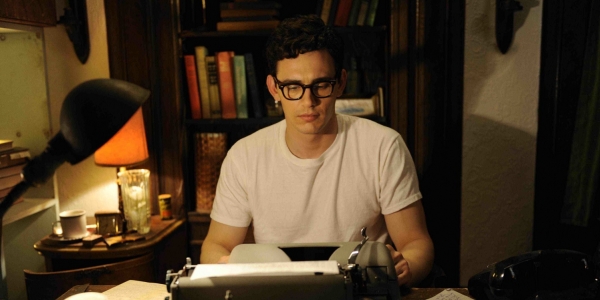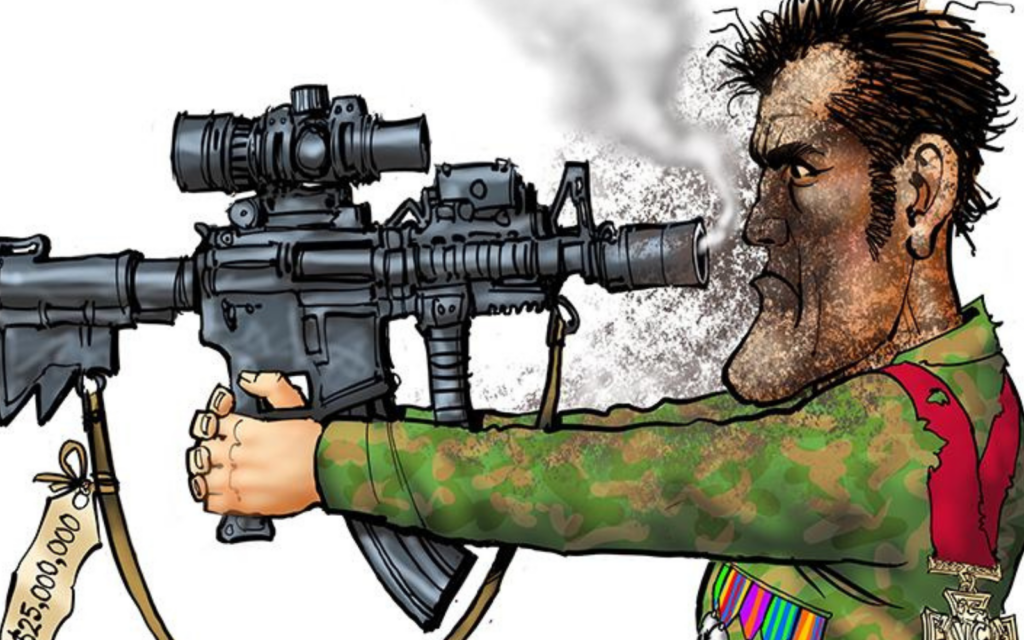Howl gives us a complex portrait of this iconic poet, but at the same time it explores issues of social change, artistic and sexual freedom that are still relevant today
Allen Ginsberg was one of the most famous and revered poets of the 20th Century, and one of the most iconic writers of the so-called “Beat Generation,” who were rebelling against the hypocrisy and the conservative nature of 1950s America. In 1957, his seminal poem Howl and its publisher Lawrence Ferlinghetti were put on trial in San Francisco for obscenity.
A prurient DA (David Strathairn) called its language and its overt sexual connotations inappropriate. A number of literary experts (played by the likes of Jeff Daniels, Treat Williams and Mary-Louise Parker in cameos) took the stand to discuss the relative merits of the poem and interpret some of its elusive imagery and euphemisms. The trial itself raised some important issues about the literary merits of the poem, which discussed drug use and gay sex. The outcome of this landmark trial was a resounding victory for freedom of speech and creative freedom.
Howl is the first narrative film from documentary filmmakers Rob Epstein and Jeffrey Freidman, who have been documenting contemporary American queer history (The Celluloid Closet, The Times Of Harvey Milk, etc) for the past couple of decades. The structure of this multi-layered and non-linear drama has been largely shaped by their documentary experience. Howl looks at this important trial, but it also looks at Ginsberg’s life and his influence on 20th Century literature.
The pair uses a number of different techniques to illustrate the various strands. Thus the trial scenes are based on the actual court transcripts themselves and have an authenticity. Juxtaposed with these scenes is a faux documentary, in which get James Franco playing Ginsberg as he recreates an interview he gave in 1957. Ginsberg talks to an off screen interviewer and gives us some insights into his life, his mother’s mental illness, and his friendship with angel-headed hipsters and colleagues like Jack Kerouac and Neal Cassady.
Then there is black and white footage recreating the moment Ginsberg reads his poem aloud for the first time to an enthusiastic audience in a San Francisco nightclub. This reading itself is interspersed with a series of striking yet disturbingly graphic and surreal animations from Eric Drooker that enriches some of the themes of the poem and illustrate many of the literary allusions. Epstein and Freidman also incorporate some archival footage to add to the authenticity of the material.
The directors draw solid performances from their cast. Franco continues to surprise with his varied choice of roles. He is very good and sympathetic, and immerses himself in the character of a tortured Ginsberg, who is uncertain about his sexuality. Strathairn is fine as the conservative DA, while Mad Men’s Jon Hamm is debonair and convincing as Jake Ehrlich, the defence attorney who argues that the work should not be banned simply because some people don’t understand it. Bob Balaban is also very good as the wise judge who is seemingly aware of the ramifications of his decision.
Howl gives us a complex portrait of this iconic poet, but at the same time it explores issues of social change, artistic and sexual freedom that are still relevant today. Howl is an ambitious movie that never quite achieves the heights of the directors’ previous works, and its structure may prove a little daunting and offputting for many. Nonetheless it provides plenty of food for thought and sheds light on the birth of the counter culture movement that shaped post WWII society.







